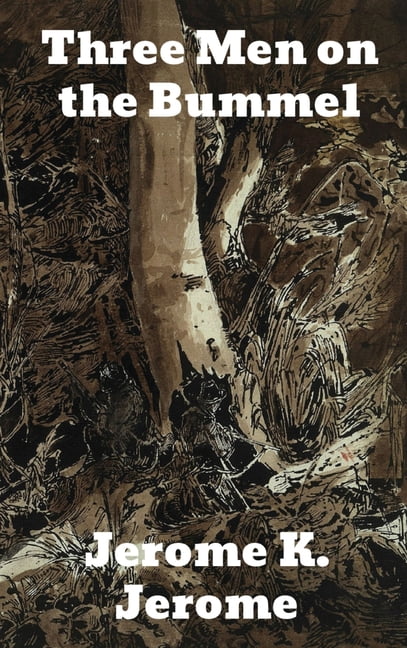

The references to brand competition, advertising, and enthusiasts' attitudes toward their equipment resonate with modern readers. It depicts an era when bicycles had just become a familiar piece of middle-class recreational equipment. The novel was written near the end of the Victorian-era bicycle craze, launched by the development of the two-wheeled safety bicycle. Jeremy Nicholas calls these "set pieces." Most of them concern bicycling, genial (if shallow) commentary on German culture from the point of view of a British tourist, or situation-comedy-like depictions of interpersonal interactions between the characters. It is a series of humorous vignettes, each of which builds slowly, through accumulation of layer on layer of detail, through several pages. The general style and manner of the book are similar to its predecessor. But on the whole we have had a pleasant time, and are sorry when it's over." We have been much interested, and often a little tired. We nod and smile to many as we pass with some we stop and talk awhile and with a few we walk a little way.

But long or short, but here or there, our thoughts are ever on the running of the sand. Sometimes it is through busy streets, and sometimes through the fields and lanes sometimes we can be spared for a few hours, and sometimes for a few days. One of the characters in the book asks, "how would you translate ," to which the narrator replies, in the very final paragraph of the book:"A 'Bummel'," I explained, "I should describe as a journey, long or short, without an end the only thing regulating it being the necessity of getting back within a given time to the point from which one started. (The first American edition, published by Dodd Mead in 1900, was entitled Three Men on Wheels.) Browning writes "The title must be puzzling to many readers, for 'bummel' will not be found in English dictionaries." It is a German word, as Jerome does not explain until the end of the book, and apart from his book, it has not received any widespread use in English.


 0 kommentar(er)
0 kommentar(er)
